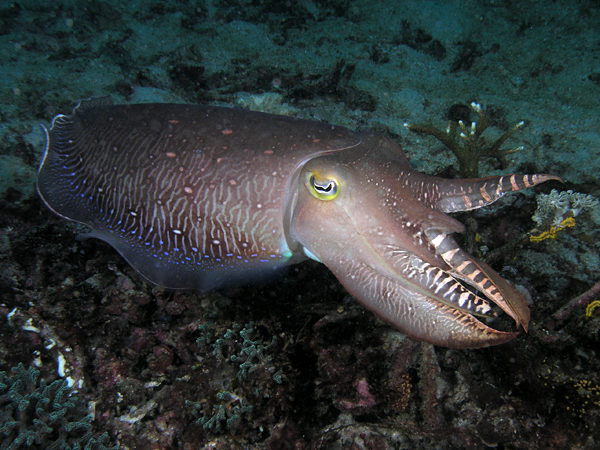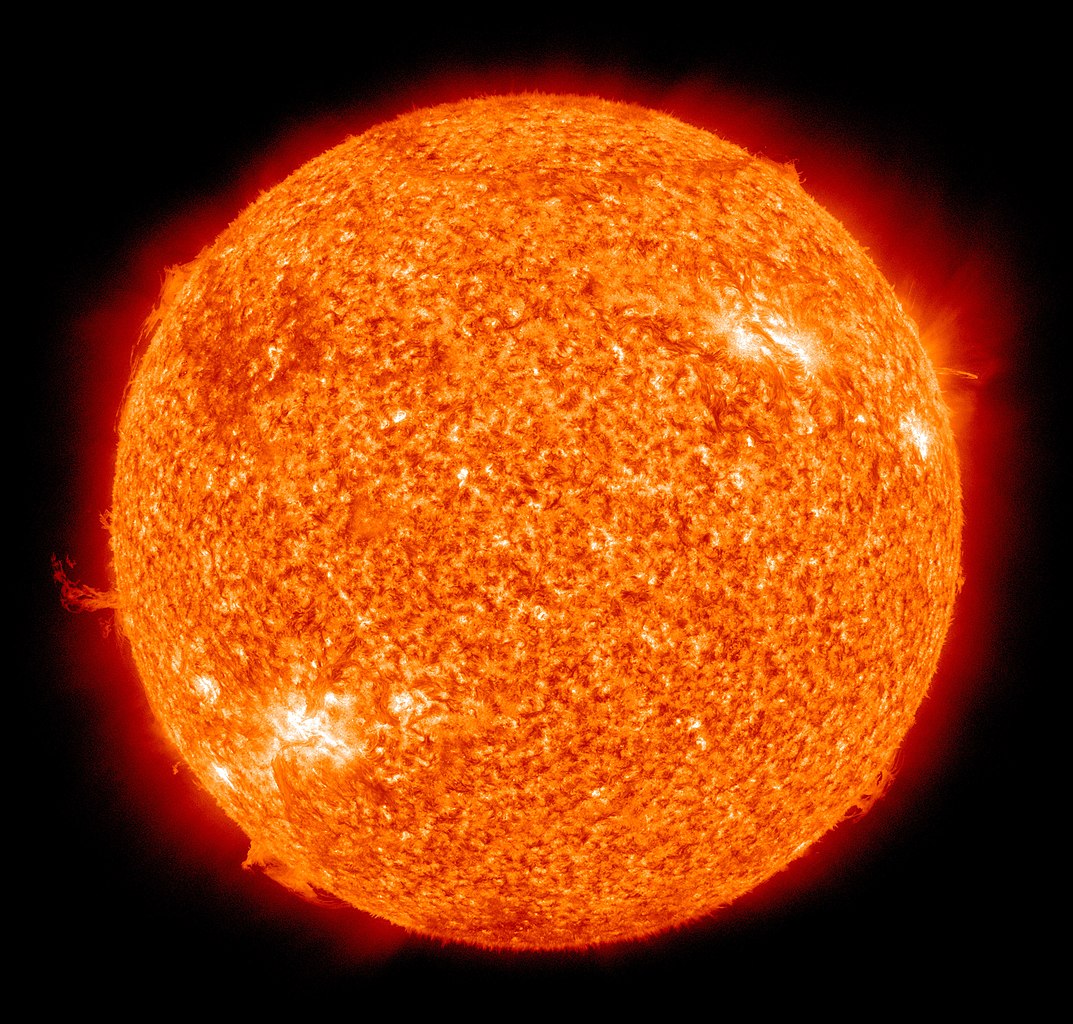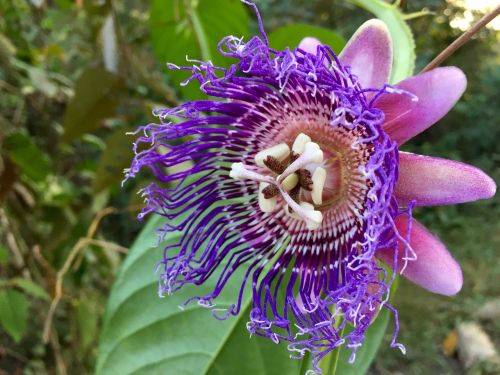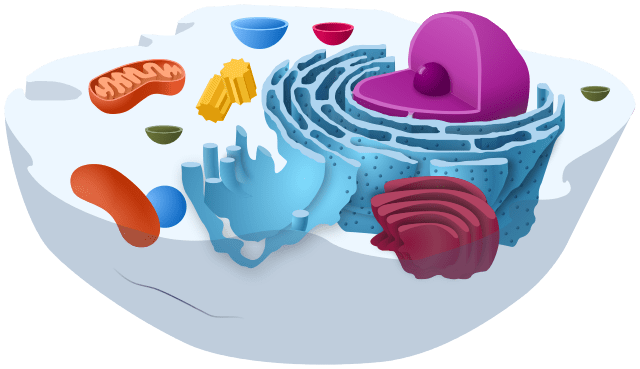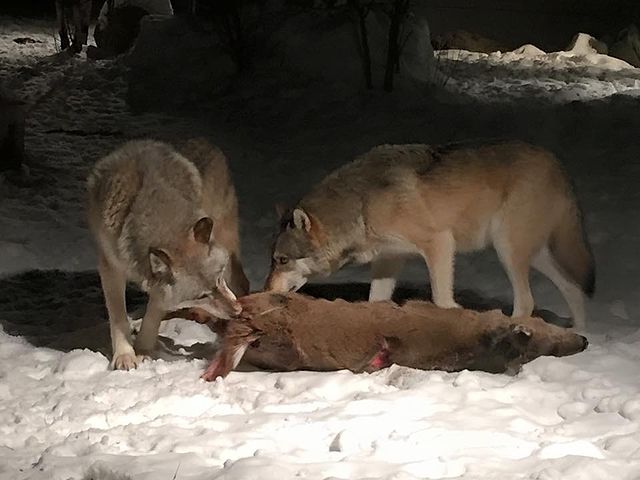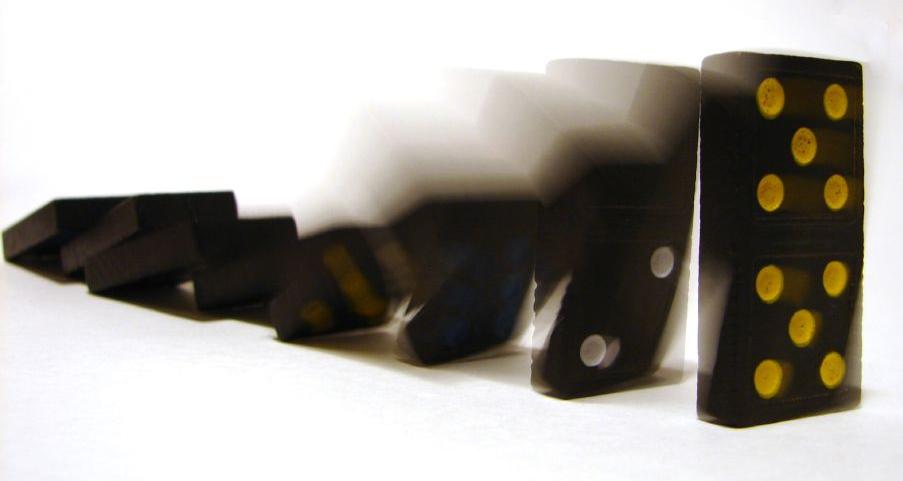The New York Declaration on Animal Consciousness has been making a lot of headlines. The declaration itself has somewhat careful language in terms of what it's asserting, but many of the headlines don't. The declaration is short, so it's easy to quote in full. Which animals have the capacity for conscious experience? While much uncertainty … Continue reading Consciousness must be adaptive
Tag: Biology
Complex life may be more rare in the universe than we thought
Quanta has a pretty interesting article up today: A Solution to the Faint-Sun Paradox Reveals a Narrow Window for Life. Our understanding of the physics of the sun indicate that it should have been only 70% as bright as it is today. But if so, early Earth should have been a snowball not really capable … Continue reading Complex life may be more rare in the universe than we thought
Agency, consciousness, and purpose
Philip Ball has an article up at Aeon: Life with purpose, which resonates in theme with the one a few weeks ago by Michael Levin and Dan Dennett on purpose in nature. Like Levin and Dennett, Ball argues that we shouldn't be shy about discussing purpose in biology, or feel obliged to put quotes around … Continue reading Agency, consciousness, and purpose
The beginnings of purpose
Michael Levin and Daniel Dennett have an interesting article up at Aeon, on the right way to talk about purpose and cognition in biology, particularly in simple organisms and lower level mechanisms. The core thesis is that an organism, at any level, all the way down to a single cell, is an agent, with its … Continue reading The beginnings of purpose
The centrality of fear in nature
Anyone who's ever interacted with a wild animal knows how skittish they are compared to any domestic animal. I think of the squirrels on my university's campus. In general, people leave the squirrel population alone there, so they tend not to be afraid of humans. Although there are still occasional predators, such as cats, dogs, … Continue reading The centrality of fear in nature
The necessary attributes of a responsible agent
George Ellis has an article at Aeon on free will that is garnering some attention. Ellis' case is a fairly classic one. Brain are complex systems whose operations, due to chaotic and stochastic dynamics, cannot be predicted. Furthermore, minds constrain the detailed physical reactions, a case of downward causation. And if that weren't enough, there's … Continue reading The necessary attributes of a responsible agent
Viruses and the definition of “life”
One of the things we often debate here is the definition of "consciousness," but consciousness is far from the only concept that is difficult to define. Others include religion, democracy, free will, and biological life. Life has a number of definitions, many of which are suitable for particular purposes. If I recall correctly, NASA, for … Continue reading Viruses and the definition of “life”
Do boiling crawfish suffer?
Recently I visited one of my cousins and, as is tradition for a lot of people this time of year, we had a crawfish boil. Eating boiled crawfish (crayfish for you non-Cajuns) is an ever present activity in southern Louisiana, at least when they're in season, and I've had my share over the years. Although … Continue reading Do boiling crawfish suffer?
Synthetic DNA and the necessity of biological mechanisms
Scientists have created synthetic DNA with four extra "letters": A couple billion years ago, four molecules danced into the elegant double-helix structure of DNA, which provides the codes for life on our planet. But were these four players really fundamental to the appearance of life — or could others have also given rise to our genetic code? … Continue reading Synthetic DNA and the necessity of biological mechanisms
The range of conscious systems and the hard problem
This is the fifth and final post in a series inspired by Todd Feinberg and Jon Mallatt's new book, 'The Ancient Origins of Consciousness: How the Brain Created Experience'. The previous posts were: What counts as consciousness? Predators and the rise of sensory consciousness Types of sensory consciousness The neural mechanics of sensory consciousness In the … Continue reading The range of conscious systems and the hard problem
